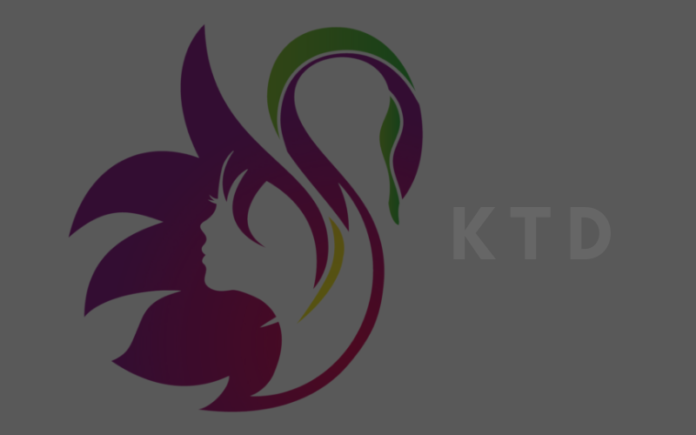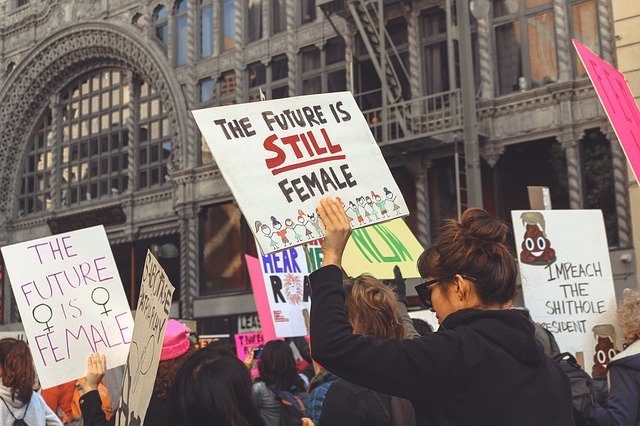Mengalami Kehamilan Tidak Direncanakan bisa membuat anda merasa berada di situasi yang mengerikan. Kehamilan anda ini merupakan pengalaman pertama, ditambah lagi tidak terencana. Berapapun usia anda, kehamilan yang tidak direncanakan dapat membuat anda tertekan dan tidak bisa berpikir dengan jernih. Walaupun begitu, penting untuk diingat kalau anda masih mempunyai pilihan.
Membuat pilihan dengan sadar
Hal terbaik yang bisa anda lakukan, untuk anda dan kehamilan anda, adalah membuat pilihan dengan sadar. Yang dimaksud dengan membuat pilihan dengan sadar adalah anda harus mempelajari pilihan-pilihan anda, mengerti konsekuensinya, menganalisa keamanan anda, dan buat keputusan dari apa yang anda pelajari dan temukan dari diri anda, situasi anda, dan kebutuhan anda. Pilihan-pilihan dasar yang dapat anda pilih adalah aborsi, adopsi, dan menjadi orang tua.
Jika anda memutuskan untuk aborsi, ada beberapa hal yang perlu anda ketahui: komplikasi aborsi, prosedur, dan resiko. Anda perlu membaca tentang macam aborsi dan bagaimana persiapan prosedur aborsi. Juga, perhatikan bahwa negara punya undang-undang dan peraturan aborsi. Legal di suatu negara dan bisa tidak legal di negara lain. Jika negara anda tidak melegalkan aborsi, anda harus mencari prosedur aborsi dari negara lain. Dan ini akan membutuhkan banyak rencana dan kesabaran.
Adopsi adalah pilihan lain yang mungkin anda akan perhatikan. Anda memperhitungkan waktu kehamilan sampai melahirkan atau menunggu sampai anda siap untuk mendapatkan keluarga yang tepat untuk bayi anda. Jika aborsi merupakan pilihan yang mungkin anda pilih, anda bisa mencari lembaga professional untuk adopsi seperti agen, pengacara, dan fasilitator adopsi. Sebaiknya anda menggunakan semua jasa tersebut karena ini akan membantu anda dalam menentukan pilihan yang terbaik.
Walaupun anda merasa kehamilan anda tidak terencana bukan berarti anda tidak dapat memilih menjadi orang tua. Banyak orang ditekan oleh keluarga dan teman untuk melakukan aborsi, adopsi, atau menjadi orang tua. Seharusnya itu tidak boleh terjadi, tapi kenyataannya seperti itu. Ingat, ini harus pilihan anda sendiri. Bukan orang lain yang seharusnya memutuskan untuk anda, karena nanti anda sendiri yang harus hidup dengan konsekuensi dan efeknya seumur hidup anda.
Konseling
Konseling adalah cara yang paling baik untuk dapat benar-benar menemukan pilihan-pilihan anda. Anda akan berbicara dengan konselor dan berdiskusi tentang situasi anda dengan mendalam. Konselor akan menanyakan tentang tujuan hidup, harapan, dan kebutuhan anda. Konselor juga akan menanyakan tentang apa yang anda lihat di kehidupan anda 5 tahun, 10 tahun atau bahkan 15 tahun mendatang. Setelah konselor lebih mengetahui anda, dia akan memulai konseling kehamilan. Pada dasarnya, konseling kehamilan adalah sebuah pendampingan untuk memutuskan pilihan anda.
Komunitas Pendukung
Memiliki dukungan adalah hal yang penting selama proses ini. Ada kalanya anda meresa sendiri, bingung, atau takut. Itu adalah saat-saat anda membutuhkan pasangan, teman, dan keluarga di sekeliling anda, untuk membantu anda. Jika anda tidak memiliki keluarga, pasangan, atau teman yang merupakan sistem pendukung anda, anda juga dapat bergabung dengan kominitas lokal untuk mereka yang sedang mengalami pengalaman serupa. Anda akan membangun hubungan dan persahabatan yang dapat membantu anda selama proses sulit ini dan merayakan kebahagiaan bersama setelah melalui proses ini.
Jika anda merasa lebih nyaman dengan berinteraksi dengan satu orang saja, anda dapat mengunjungi professional konselor. Konselor dapat menbantu anda untuk mendapatkan apa yang anda butuhkan dan dalam mengatasi ketakutan anda. Konselor anda dapat membantu anda memulai proses penyembuhan emosional anda, jika anda memutuskan untuk aborsi atau adopsi. Bahkan memilih untuk menjadi orang tua dengan mengunjungi konselor dapat sangat berguna.
Apapun keputusan yang anda buat, selalu ada waktu untuk bergerak maju. Maksudnya adalah bergerak maju baik emosional dan fisik secara natural. Tergantung pada pilihan anda, anda pasti butuh mencurahkan waktu untuk penyembuhan emosi. Walaupun, anda membuat keputusan secara sadar, akan ada waktu yang sulit, sedih, dan menyakitkan.
Ada beberapa cara berbeda untuk bergerak maju. Yang jelas anda harus bergerak maju dengan keputusan yang sudah anda buat. Bagaimanapun, tetap diingat bahwa anda tetap dapat merubah pikiran anda sebelum hak menjadi orang tua sudah diputuskan atau setelah aborsi prosedur sudah selesai. Anda dapat merefleksikan pengalaman anda selama anda berbicara dengan konselor atau bergabung dengan komunitas pendukung.
Sementara Kehamilan tidak direncanakan menganggu hidup anda, Anda tetap memiliki pilihan. Ingat untuk melalui proses ini, anda tidak sendiri. Ada banyak perempuan di sekitar anda yang mengalami situasi yang sama. Dan anda memiliki pasangan, keluaraga, dan teman yang mencintai anda. Hal ini mungkin membuat anda terperangkap dalam keputusasaan dan ketakutan, tapi pikirkan bahwa ini adalah pengalaman baru, kesempatan untuk belajar lebih mengenal diri.














